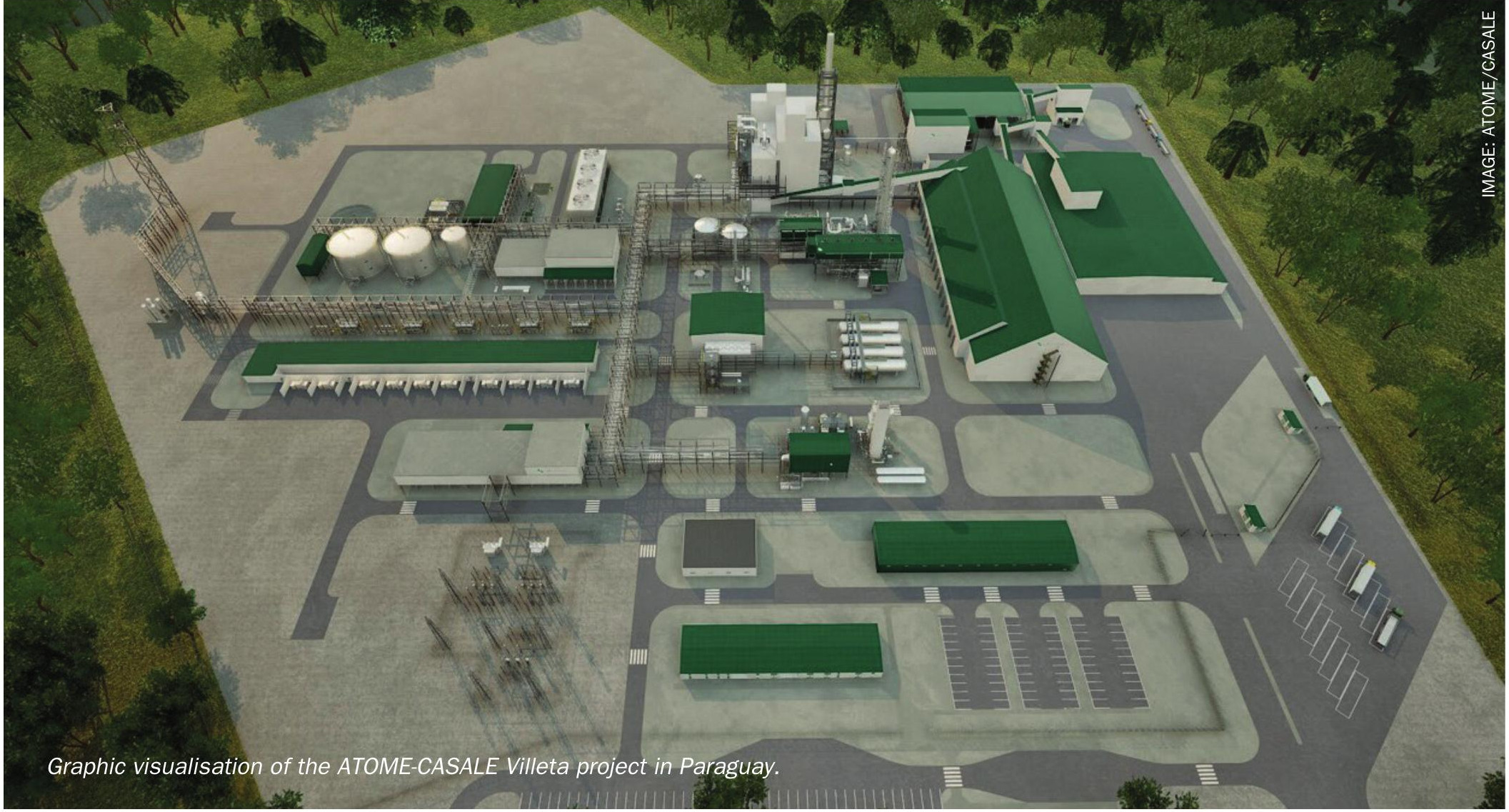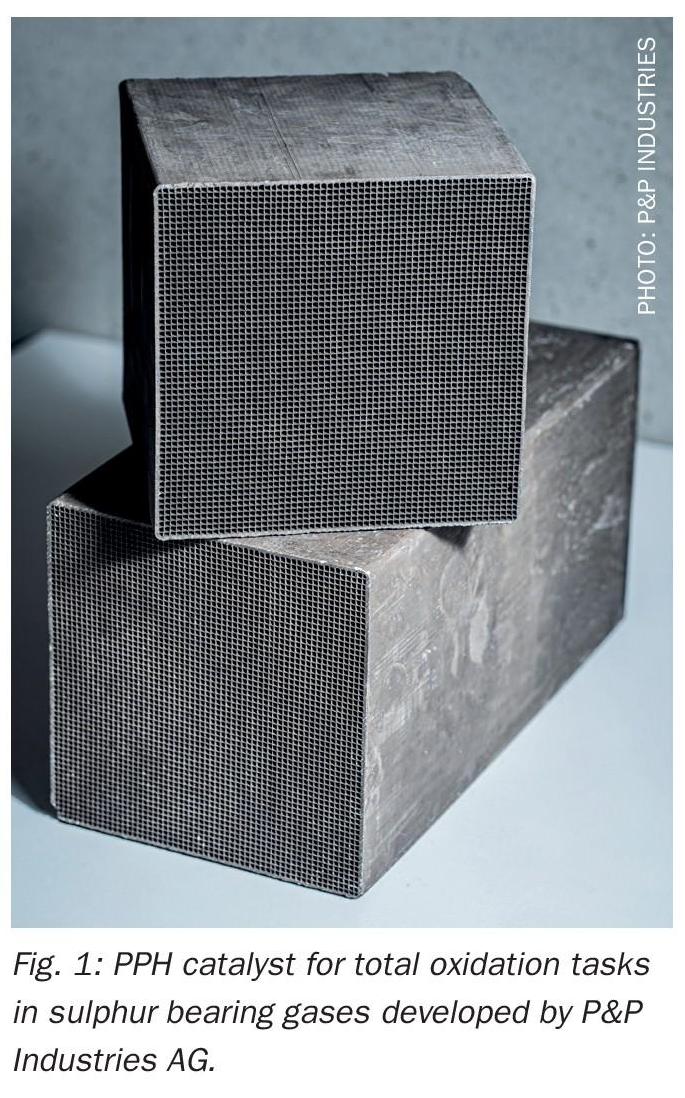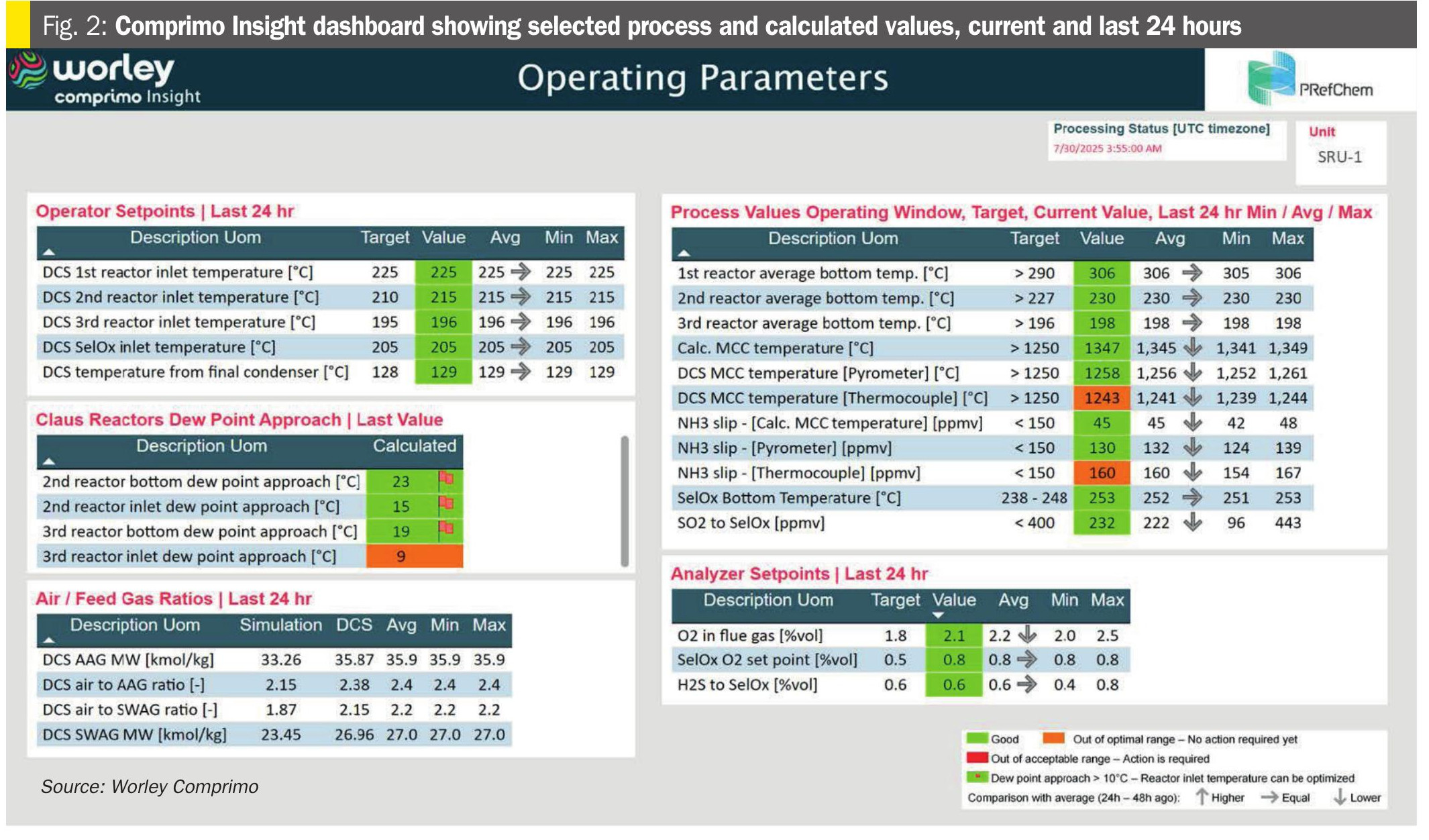Sulphur 418 May-Jun 2025

3 May 2025
Axens expands TGT catalyst production
Axens says that it has completed the expansion of its Axens Catalyst Arabia Ltd site, aimed at providing local and regional partners with the latest tail gas treatment catalysts, in addition to the site’s legacy catalyst hydroprocessing manufacturing capacity. This makes Axens is the first and only company to produce tail gas treatment catalysts in the Middle East. The company says that the expansion consolidates its capacity to serve its regional customers to meet regulatory requirements and maximise sulphur recovery by up to 99.9%, minimising SOx emissions. The production site supplies the region’s refining and gas industries with the latest generation of Axens’ catalysts, capable of operating at lower temperatures than conventional catalysts, resulting in lower energy consumption.
Abdulkareem Alyami, ACAL’s Managing Director said: “this site expansion is a testament to Axens’ commitment to local content and promoting the local industry capacity. With this addition to Axens’ local portfolio, the ACAL expansion project is for Axens Group another initiative to support our customers handling their sustainability journey in the field of energy efficiency, in line with our 2023 CSR Report United Nations Sustainable Goals roadmap objectives. Axens Group will continue to explore with our customers opportunities to enhance our offer as well as promote the local economy and support Saudi’s Vision with our Made in Saudi portfolio.”






